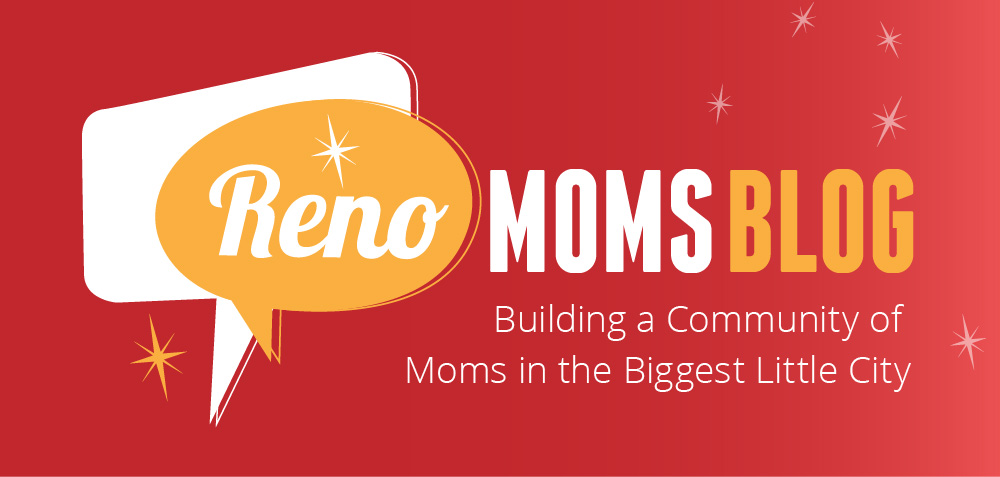Although I would love to pretend that my 22 month old has the best hygiene and is never exposed to the stuff going around, that is pretty far from the truth. We do our best as parents to prevent our babies from getting sick, but I do like to call Juliette “my little germ farm”, and there is a good reason for that.
Last week Juliette had a fun filled week and when she started acting fussy and felt warm Sunday night, we figured that the lack of adequate naps (girlfriend likes to get 2.5 hours in on an average day) and too much fun had caught up with her, and she probably had picked up a virus. She was not feeling much better Monday and seemed a little congested so I wasn’t too worried when I dropped her off with my mom to head off to work. That evening wasn’t much different and then, the following morning when I woke her up to get ready I saw it… Several little blisters by the corner of her mouth and scattered over the palms of her hands and soles of her feet. I texted my husband “It’s hand foot and mouth!” And I got a panicked call from him 30 seconds later- “What is that?? Is it serious??”
So what is hand foot and mouth disease? Not to be confused with “hoof and mouth disease” which animals can contract and is a completely separate illness, which can NOT be transmitted to humans, it is a viral infection caused by a group of viruses called enteroviruses, most commonly Coxsakie Virus A16.
Because it is a virus, there is no treatment for it. It classically causes a fever, anywhere from low grade to 104*+, and painful blisters in the mouth, and on the hands and feet and occasionally buttocks. Because viruses are constantly mutating, there have been a lot of variations in the way this can present over the years, and you can get a rash that is more widespread and involves more of the body as well. It is usually most common in kids under the age of 5, but older kids and adults can get it as well. Because it is caused by several different viruses and those viruses are constantly changing, your child can also contract this more than once, and there is no vaccine to protect against it. It is considered contagious for as long as active new blisters are present, which can be days to a week, and adults can carry the virus without any symptoms and be contagious as well- the virus is found in saliva, nasal discharge and feces.
The biggest concern with hand foot and mouth disease is your child becoming dehydrated. Painful mouth sores typically make them not want to eat or drink much. My husband and I personally found that teething tablets helped with her discomfort a little, and sometimes in kiddos who are a little older I will prescribe magic mouthwash (a combo of lidocaine, Maalox, and antihistamines) that they can swish and spit out, which offers a little relief as well, but you can also use chloraseptic spray or throat lozenges as well. Popsicles and ice cream also help, but then again, what ailments don’t those typically help with? Don’t worry as much about your child not eating solid foods, just push fluids any way you can and watch to make sure they are still making wet diapers or going to the bathroom as usual. Although rare, when I was in residency I did take care of 1-2 kiddos who ended up with such severe cases they needed IV fluids in the hospital and pain relievers to help get them through the worst of it. You can use Motrin and Tylenol, alternating each ever 4 hours, to help with the fevers/discomfort as well (never use aspirin in a child)
Did I mention I also contracted this wonderful illness? Same rules apply you lucky mommas- get plenty of rest, fluids, and Tylenol/Motrin as needed. This too will pass.
For other over the counter treatments and advice, check out this post.

 Reno Moms Blog Building a Community of Moms in the Biggest Little City
Reno Moms Blog Building a Community of Moms in the Biggest Little City